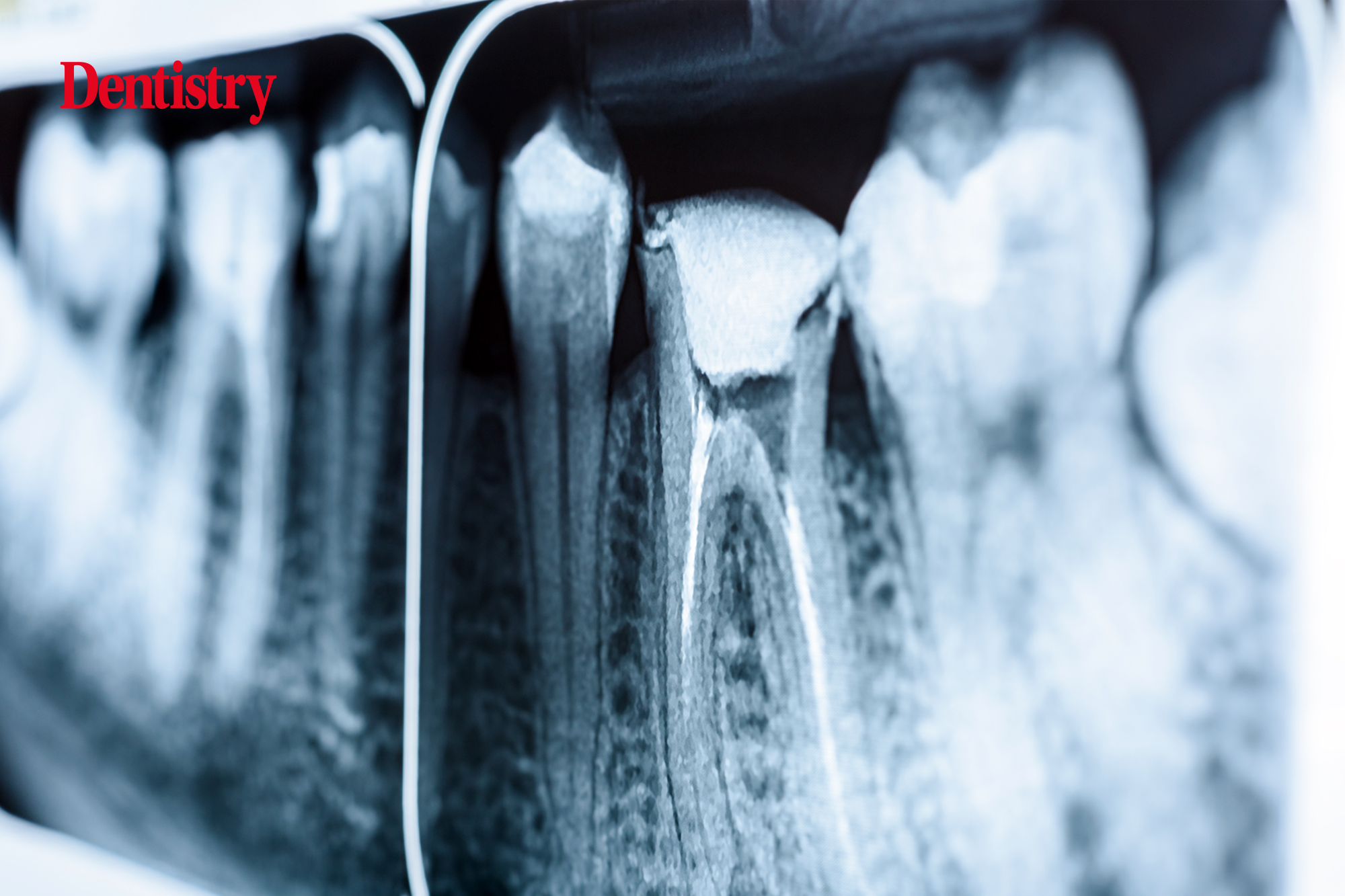
A new study explores the potential of tissue regeneration technology to treat endodontic diseases more effectively than root canal therapy.
The study was conducted by scientists from the ADA Forsyth Institute. It investigated the ability of molecules called resolvins to regenerate tissues when applied to the dental pulp. In particular it focused on a resolvin known as RvE1. This was applied to infected and damaged pulp at different degrees of severity.
The resolvin was found to be extremely effective at prompting pulp regeneration where some living pulp remained. It could not promote regeneration in necrotic pulp, but it did still slow the rate of infection. This treated inflammation and prevented abscesses from forming.
Advantages over root canal therapy
The study, published in The Journal of Dental Research, discusses the advantage of this approach over root canal therapy (RCT).
Firstly, RCT requires a lot of the dentin to be removed. This increases the risk of root fracture, which results in the tooth being removed. RCT also does not facilitate tissue regeneration, which the authors of the study considered to be the ideal outcome.
Thomas Van Dyke is vice president of the Center for Clinical and Translational Research at ADA Forsyth. As a senior author of the study, he said: ‘Pulpitis (inflammation of dental pulp) is a very common oral health disease that can become a serious health condition if not treated properly.
‘RCT is effective, but it does have some problems since you are removing significant portions of dentin, and the tooth dries out leading to a greater risk of fracture down the road. Our goal is to come up with a method for regenerating the pulp, instead of filling the root canal with inert material.’
Dr Van Dyke also explained the ‘huge potential’ of this research. He added: ‘Because application of RvE1 to dental pulp promotes formation of the type of stem cells that can differentiate into dentin (tooth), bone, cartilage or fat, this technology has huge potential for the field of regenerative medicine beyond the tissues in the teeth. It could be used to grow bones in other parts of the body, for instance.’
Follow Dentistry.co.uk on Instagram to keep up with all the latest dental news and trends.


